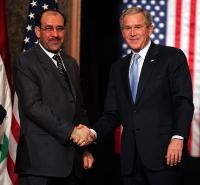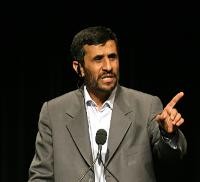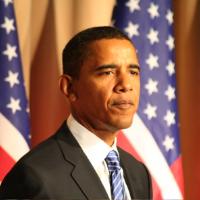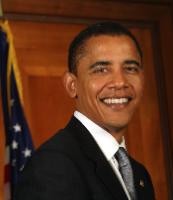
President-elect Barack Obama will inherit an Iraq that has experienced substantial improvements in security, but remains rife with unresolved internal issues. If not handled carefully, Iraq's fragile progress could dissolve and the country could become a dangerous foreign policy minefield for yet another American president. Here are the top 10 issues the next administration must address: 1. Determination of Objectives: The Bush administration invested vast resources in the hopes of achieving maximalist aims in Iraq. Though the results in Iraq have clearly fallen short of those aims, the Obama administration needs to formulate a policy that is more comprehensive and […]



